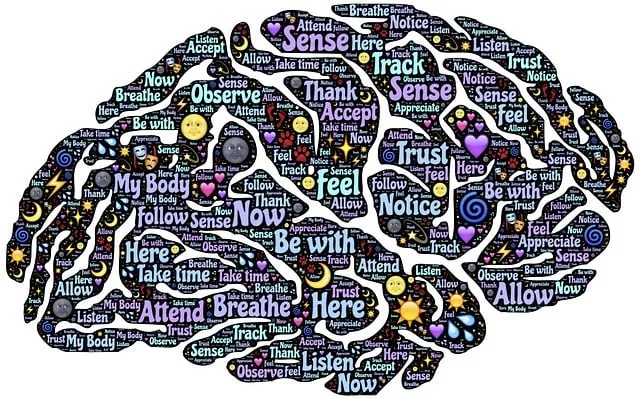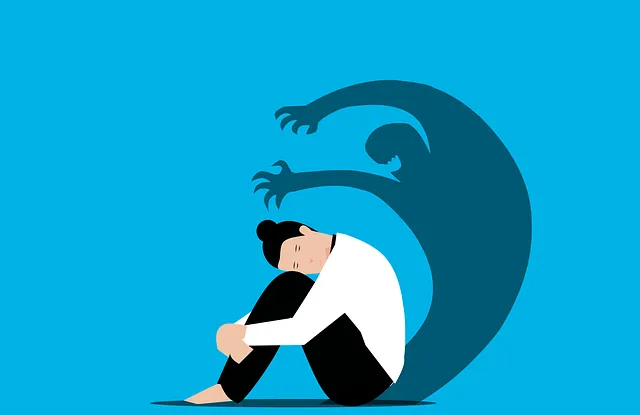Kaiser Permanente's mental health facility in Longmont prioritises group facilitation as a core treatment method, creating safe and inclusive spaces for individuals with shared mental health challenges. Through tailored awareness campaigns, risk assessment strategies, and skilled facilitators, the facility cultivates resilience, enhances coping mechanisms, and improves overall mental wellness. The program emphasizes supportive environments, effective communication techniques, and continuous improvement to ensure engaging groups that foster long-term well-being, setting a success standard at Kaiser Permanente Longmont.
“Discovering the art of group facilitation at Kaiser Permanente Longmont, a leading mental health facility, this article explores effective strategies for fostering robust mental wellness. We delve into creating sanctuary within the group setting, where participants feel safe to heal and grow. Learn about communication techniques that engage and empower, ensuring every voice is heard. Additionally, we’ll uncover methods to measure progress and foster continuous improvement, transforming lives at Kaiser Permanente Longmont.”
- Understanding Mental Wellness Group Facilitation at Kaiser Permanente Longmont
- Creating a Safe and Supportive Environment for Participants
- Effective Communication and Engagement Strategies for Facilitators
- Measuring Success and Promoting Continuous Improvement within the Group Setting
Understanding Mental Wellness Group Facilitation at Kaiser Permanente Longmont

At Kaiser Permanente Longmont, understanding mental wellness group facilitation is paramount. This mental health facility recognizes that group settings offer a unique and powerful environment for individuals to connect, share experiences, and gain support from peers facing similar challenges. Facilitators play a crucial role in navigating these groups, fostering an atmosphere of safety and trust where members can explore their mental health journeys openly.
Through the development of public awareness campaigns and risk assessment strategies tailored for mental health professionals, Kaiser Permanente Longmont ensures that group facilitation techniques are not only effective but also inclusive and safe. By focusing on inner strength development, facilitators enable participants to cultivate resilience, enhance coping mechanisms, and ultimately improve their overall mental wellness.
Creating a Safe and Supportive Environment for Participants

Creating a Safe and Supportive Environment is paramount when facilitating mental wellness groups at Kaiser Permanente mental health facility Longmont. This starts with establishing clear boundaries, ensuring confidentiality, and fostering an atmosphere of non-judgment. Encouraging open communication through active listening and validating participants’ experiences builds trust. Techniques like using calming decor, playing soft background music, and incorporating nature elements into the space help create a soothing ambiance.
Group leaders should model self-care practices and be attuned to the emotional needs of each member. Incorporating structured activities such as Mental Health Awareness discussions, Mental Wellness Journaling Exercises, and interactive workshops designed by experienced professionals further reinforces this supportive environment. This enables participants at Kaiser Permanente mental health facility Longmont to feel comfortable sharing their stories, expressing their feelings, and learning from one another in a safe haven dedicated to their well-being.
Effective Communication and Engagement Strategies for Facilitators

Effective communication is a cornerstone of successful group facilitation at Kaiser Permanente mental health facility Longmont. Facilitators must employ strategies that encourage open dialogue and active engagement among participants. This involves creating a safe, non-judgmental environment where everyone feels comfortable sharing their experiences and perspectives. Techniques such as active listening, reflective listening, and open-ended questioning can foster meaningful interactions and build trust within the group.
Additionally, facilitators should leverage diverse communication methods, including verbal, nonverbal, and written forms, to cater to different learning styles. Incorporating icebreakers, role-playing exercises, and interactive activities during sessions can enhance Mental Health Awareness and promote Stress Management. The Community Outreach Program Implementation at Kaiser Permanente Longmont emphasizes these strategies to ensure that group facilitators not only guide but also inspire participants towards improved mental wellness.
Measuring Success and Promoting Continuous Improvement within the Group Setting

Measuring success and fostering continuous improvement are essential aspects of group facilitation at Kaiser Permanente mental health facility in Longmont. To assess progress, facilitators can employ various methods tailored to the group’s needs and goals. This may include self-reporting through regular surveys or reflections, peer evaluations, and structured interviews designed to capture both qualitative and quantitative data. By understanding members’ experiences and perceived benefits, facilitators gain valuable insights into the effectiveness of their techniques.
Additionally, incorporating self-awareness exercises and trauma support services can further enhance group dynamics. These activities encourage members to explore their emotions, thoughts, and behaviors, fostering a deeper sense of understanding within the safe space created by the group. Regularly reviewing and adapting facilitation strategies based on these insights ensures that the group remains supportive, engaging, and conducive to long-term mental wellness, ultimately contributing to the overall success of the program at Kaiser Permanente Longmont.
Mental wellness group facilitation plays a vital role in enhancing the well-being of individuals at Kaiser Permanente Longmont, as evidenced by their successful implementation strategies. By creating safe spaces and employing effective communication techniques, facilitators foster an inclusive environment that empowers participants to support one another. Continuous improvement through measured success ensures these groups remain dynamic and impactful, reflecting the commitment of Kaiser Permanente Longmont to exceptional mental health care within their facility.






